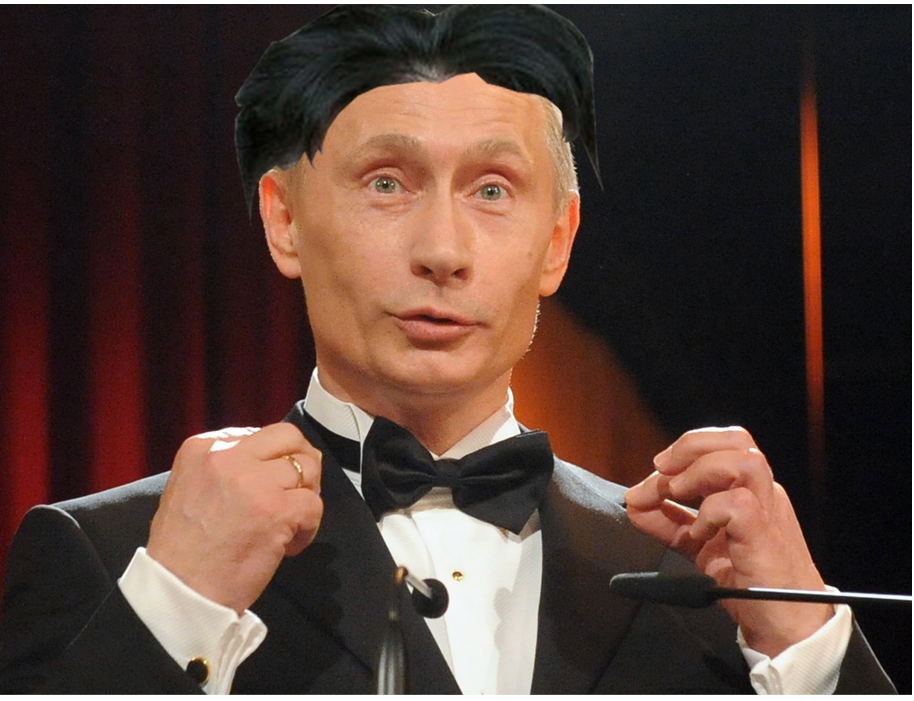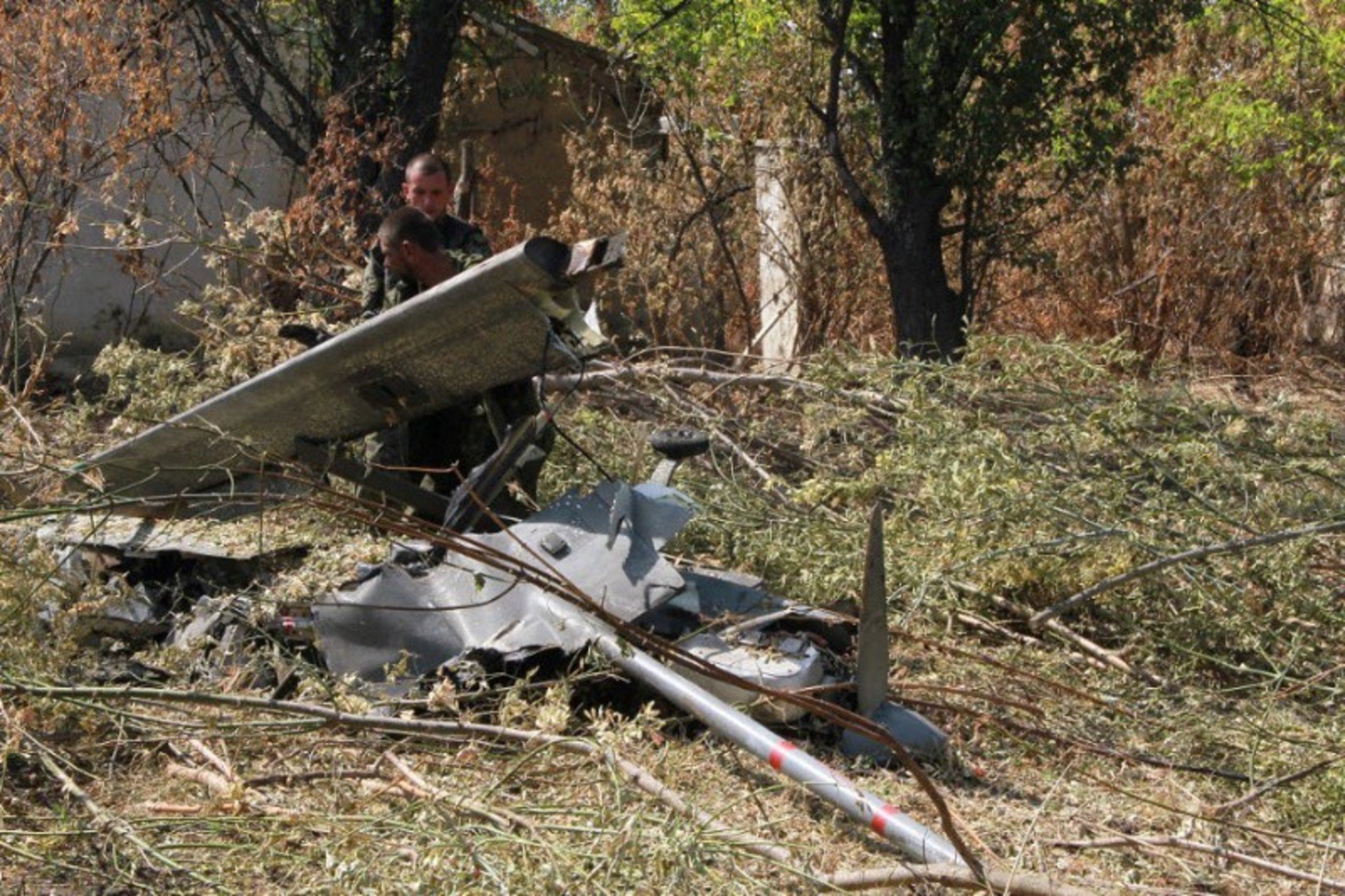Among the latest sanctions unveiled by Washington was a full embargo on Russian oil and gas. The European Union, the primary destination of Moscow’s energy exports, proposed a plan to decrease dependency on Russian gas but stopped short of a full ban. European countries remain disunited on the embargo issue. Several eastern EU members call for radical action, while Germany urges restrain.
The hesitancy is not surprising. While the United States is a relatively minor buyer of Russian energy exports, for Europe, the full embargo could quickly become a double-edged sword. Germany would be among the most affected.
70% of Russian gas, around 150-190 billion cubic meters annually, goes to the European markets. The continent also buys around 2,5 million barrels of crude oil every day.
At the same time, Europe is from 40% dependent on Russian gas, and from 25% on oil.
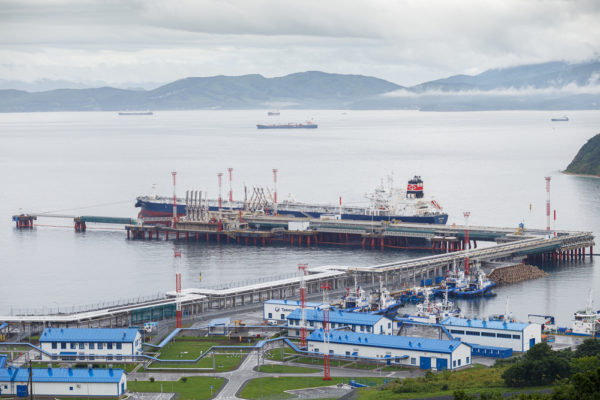
Leverage over Europe
The application of the SWIFT ban illustrates well how European sanctions skirt the energy sector. Lauded as a “nuclear” sanction, the Western ability to cut Russia from the SWIFT messaging system promised a crippling blow to the Russian economy.
Without SWIFT, Russian banks would find it very difficult to conduct international transactions. They could opt for the Russian substitute SPFS, which is currently used for some domestic payments. Yet even internal transactions are from 75-80% conducted through SWIFT.
Alternatively, Russian banks would have to resort to using messaging apps, faxes or emails, which is generally ineffective and not secure.
Therefore, the announcement of imposing the SWIFT ban on Russia was met with initial enthusiasm. It was soon cooled, as the restrictions excluded the key facilitators in energy exports like Gazprombank.
There is a reason why Ukraine’s Foreign Minister Kuleba equated buying Russian gas and oil with “the murder of Ukrainian men, women, and children” and why the Polish PM Morawiecki accused the EU of financing
Putin’s war.
The total value of Russian fuels exported to Europe in 2020 exceeded even the country’s yearly military spending.
This is not a recent phenomenon. Moscow has been cultivating its influence in Europe through gas and oil exports since the Cold War.
The secret Soviet council which established the Kremlin’s gas monopoly on Europe
The “Druzhba” Oil Pipeline, built in the early 1960s and leading from the USSR to Poland, Hungary, Czechoslovakia, and East Germany, affirmed the economic dependence of the Eastern Bloc countries on Moscow.
Kennedy’s administration realized this and had actively -- albeit unsuccessfully -- attempted to halt the construction.
Similarly, during the 1980s, the Reagan administration fought against the construction of the Trans-Siberian Pipeline, funneling gas from Siberia to Europe.
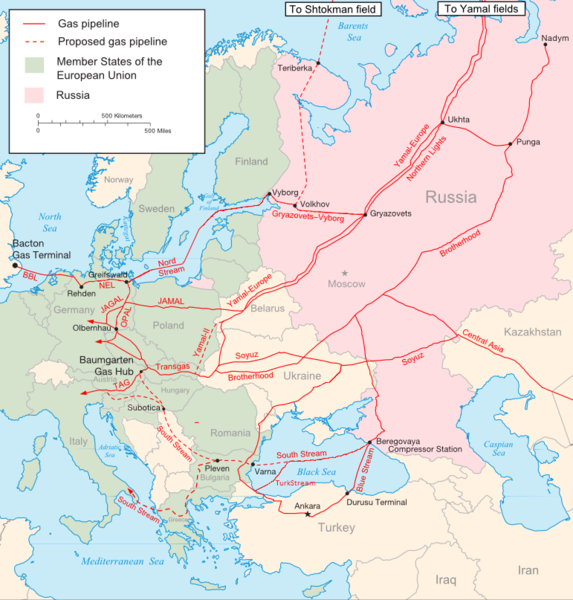
Unlike the Soviets, Putin used their heritage more aggressively, as a tool of blackmail or punishment. Gas supplies to Ukraine were cut both after the 2004 Orange Revolution and after the Revolution of Dignity.
During calmer years, the Kremlin used the revenue to modernize and enlarge the Russian military.
Depriving Russia of this economic weapon would affect not only the ongoing war but the Russian strategic position on the world’s stage.
[bctt tweet="By banning Russian gas and oil, Europe would cut an important lifeline of the Kremlin military power and remove decades-old leverage over the continent." username="euromaidanpress"]
Natural gas
The main obstacle to the EU’s embargo is the (un)willingness of its citizens to withstand spikes in already high energy prices, maybe even shortages and blackouts.
For that purpose, the European Union unveiled a plan to reduce dependency on Russian gas by two-thirds within a year, and phase it out completely by 2030.
- Importing LNG (liquified natural gas) from Qatar and the United States, about 60 billion cubic meters (bcm) a year.
- Rolling out new wind and solar energy projects, replacing around 20 bcm of the demand, and tripling their capacity by 2030.
- Encouraging consumers to turn down their thermostats by 1°C, saving 10 bcm a year.
- Taxing companies that provide gas for high prices.
- Filling up energy storages. The current EU storage is at 27%, but this should rise to 90% by October.
The IEA (International Energy Agency) further proposed to improve energy efficiency in buildings and to replace gas boilers with heat pumps.
The continent might be ready to weather a short-term gas shortage, thanks to rising temperatures, new supplies of LNG, and backup storages. It is the long-term supply that makes Europe anxious.
The Bruegel think-tank voices a similar opinion. According to its experts, the continent is prepared for short-term disruption and can withstand even the whole year through alternative supplies and a decrease in consumption. The situation can become more challenging over the following winters, however.
Though the EU vowed to reduce dependency on Russian gas for some time, the current events created a fresh incentive for alternative sources.
Nuclear power remains a secure option for countries like France, where it covers 70% of the demand. Germany decided to phase out nuclear energy after the Fukushima disaster, but it seems the war in Ukraine put the issue back on the table.
, however, see the Russian threat as a motivation for a faster transition to renewables.
There are other solutions from the opposite side of the fence. Despite the plans for coal-free Europe, some countries consider keeping their coal power plants as a safety net against gas shortages.
Oil
Next to embargos by Canada and the United States, the United Kingdom also vowed to phase out Russian oil by the end of 2022. London is already sanctioning oil giants like Lukoil or Rosneft. These countries are minor buyers compared to the EU, however.
[bctt tweet="Russian crude became 'toxic' goods even before the American ban. Buyers have been avoiding the Russian product, leaving 70% of the supplies untouched." username="euromaidanpress"]
The global community is moving to fill the gap. The IEA agreed to release 60 million barrels of its reserves, while OPEC+ members promised to add 400,000 barrels a day to the market.
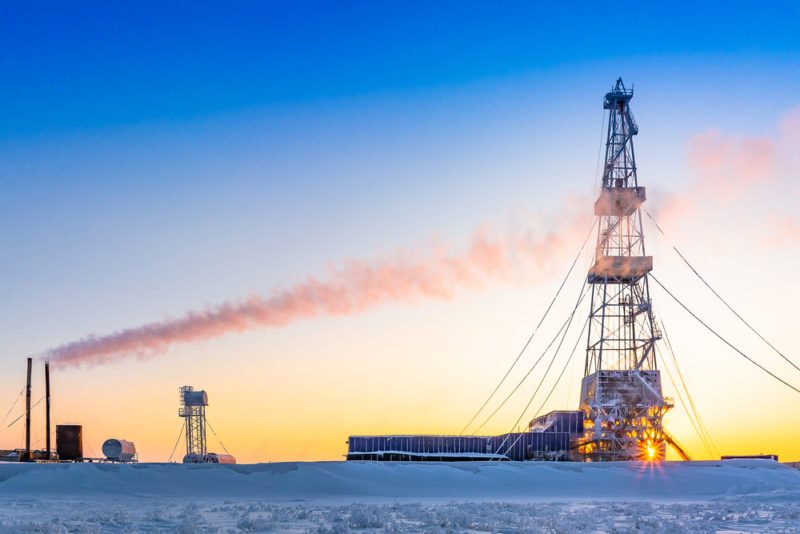
Tehran sees the retreat of Russian oil as an opportunity. After concluding the nuclear deal, Iranians are ready to once again become a major player on the market, promising an output of 3.8 million barrels a day.
The EU so far made no steps to ban Russian oil. German and Bulgarian leaders already spoke out against the idea.
With the ongoing conflict, however, public opinion might start to turn in favor of the embargo. European citizens could become more open to higher utility costs in return for human lives and peace in Europe. Representatives from countries like Poland or Lithuania already voiced their support for an EU-wide embargo on Russian energy exports.
It is worth reminding that while Europe is less dependent on Russian oil than on gas, it is oil that brings more revenue to Moscow.
A full embargo on oil and gas from the EU would no doubt be a financial strain. But it could deliver a heavy blow to Moscow's war machine.
The path is there, all that is needed is the will to take it.
Related:
- International sanctions slam Russia’s finance, economy, culture, sports: a list
- No-fly zones and other ways the international community can help Ukraine
- Germany exports dual-use products to Russia despite EU sanctions, beefing up Russian military
- Demands to sanction Putin’s German agents of influence as Chancellor Scholtz visits Ukraine
- The secret Soviet council which established the Kremlin’s gas monopoly on Europe


